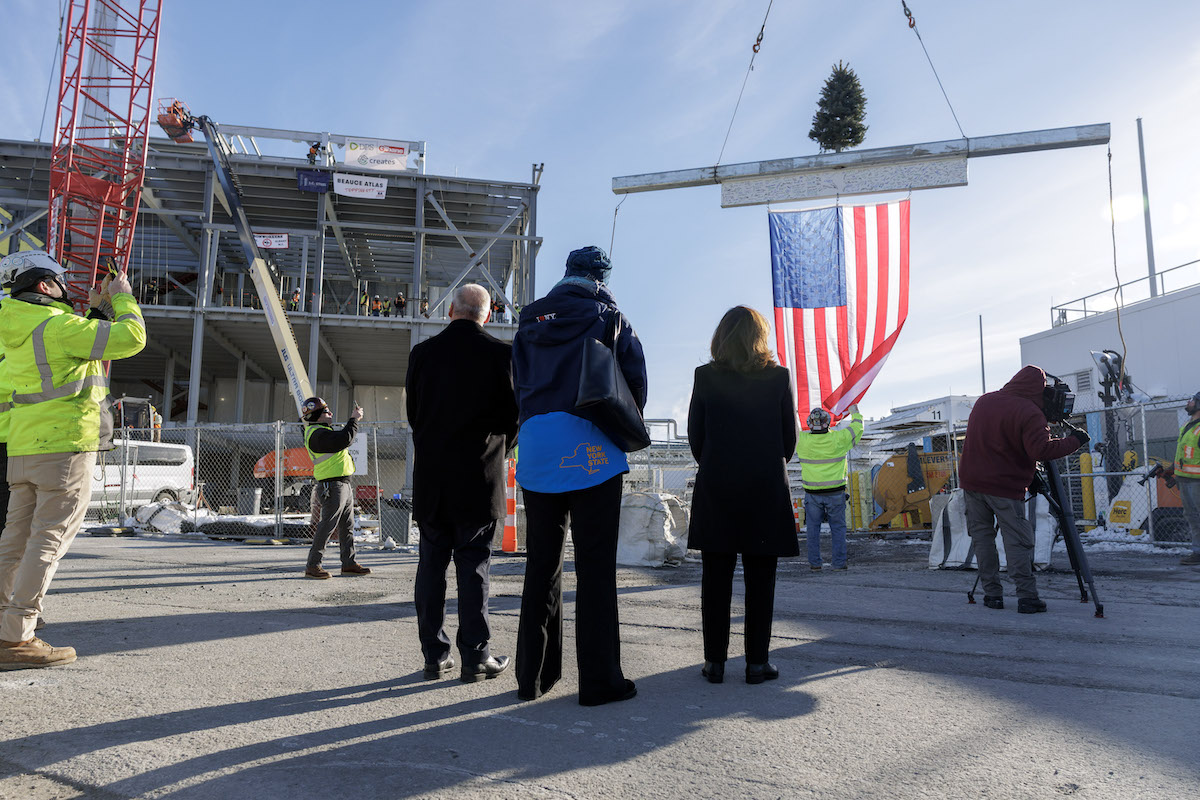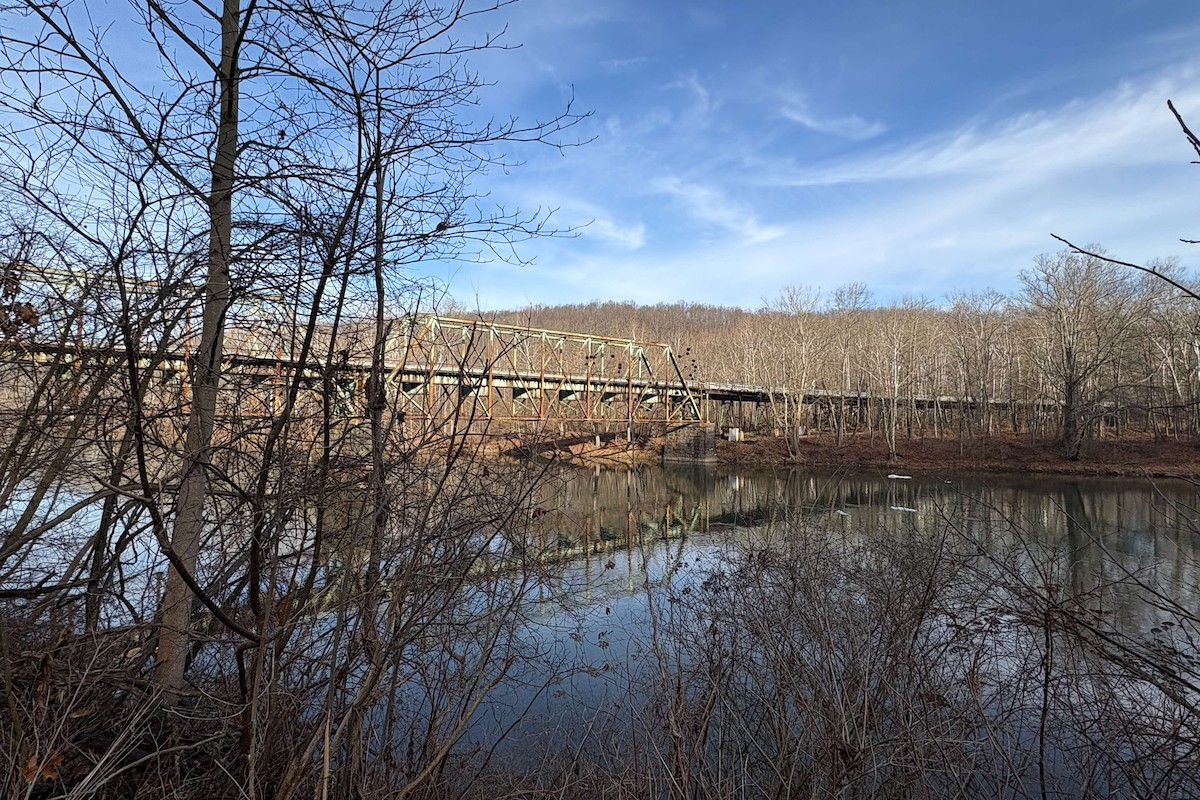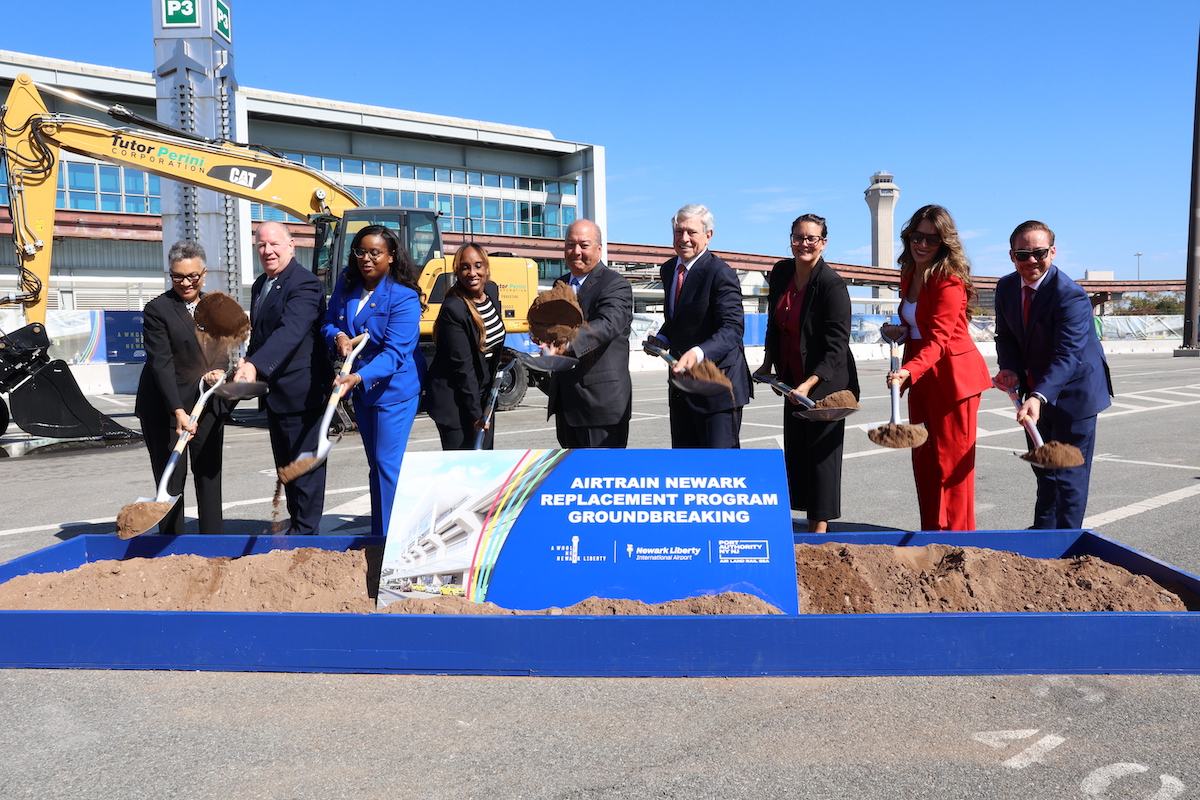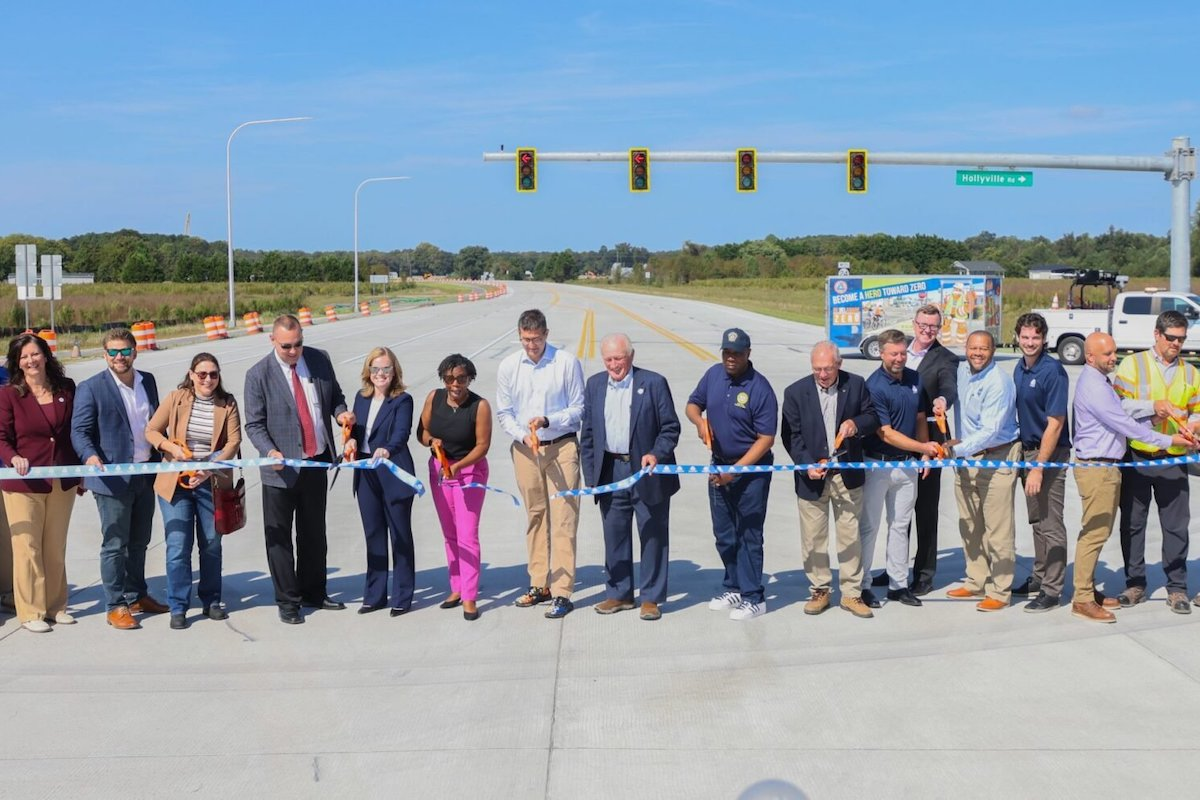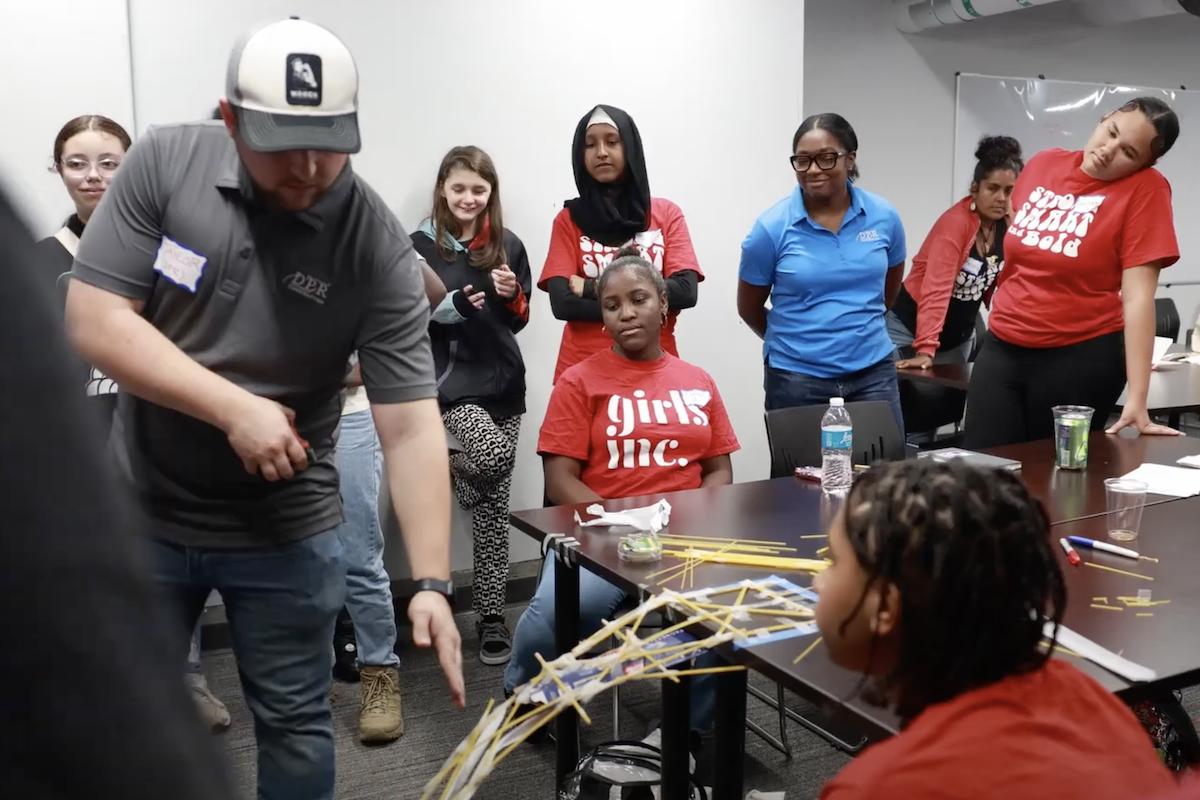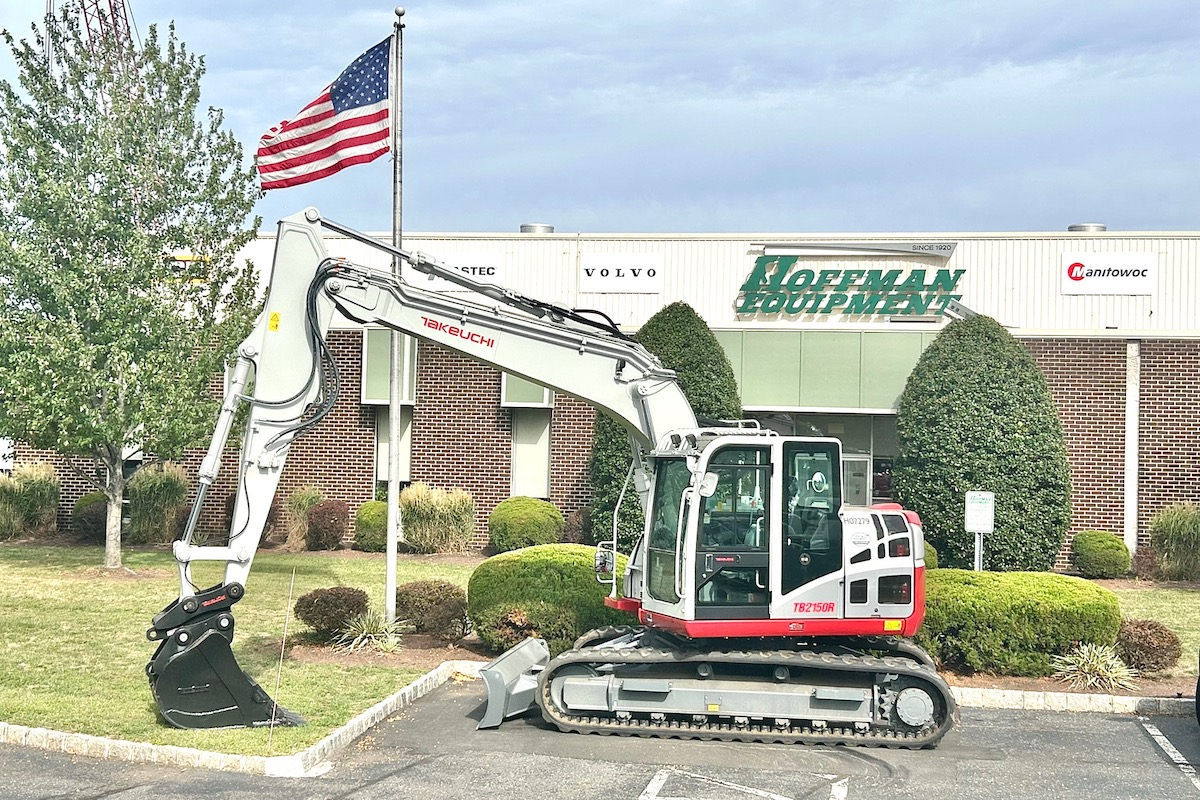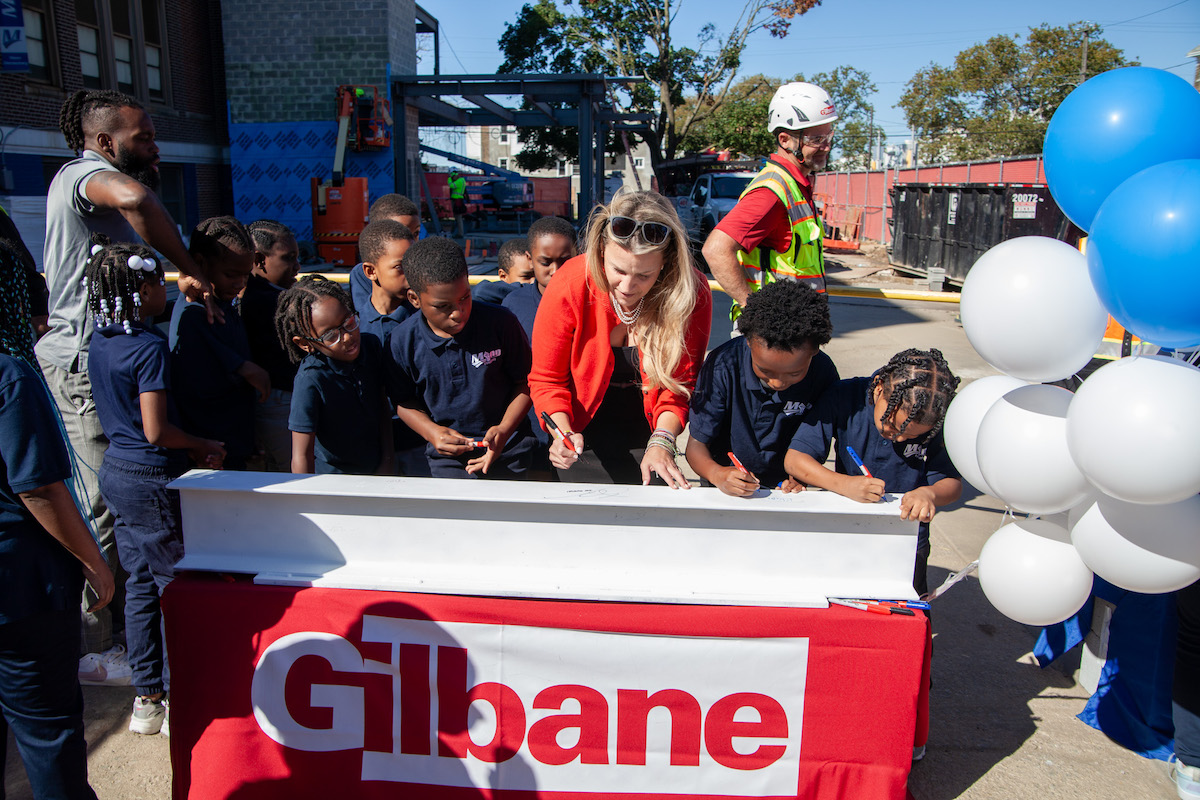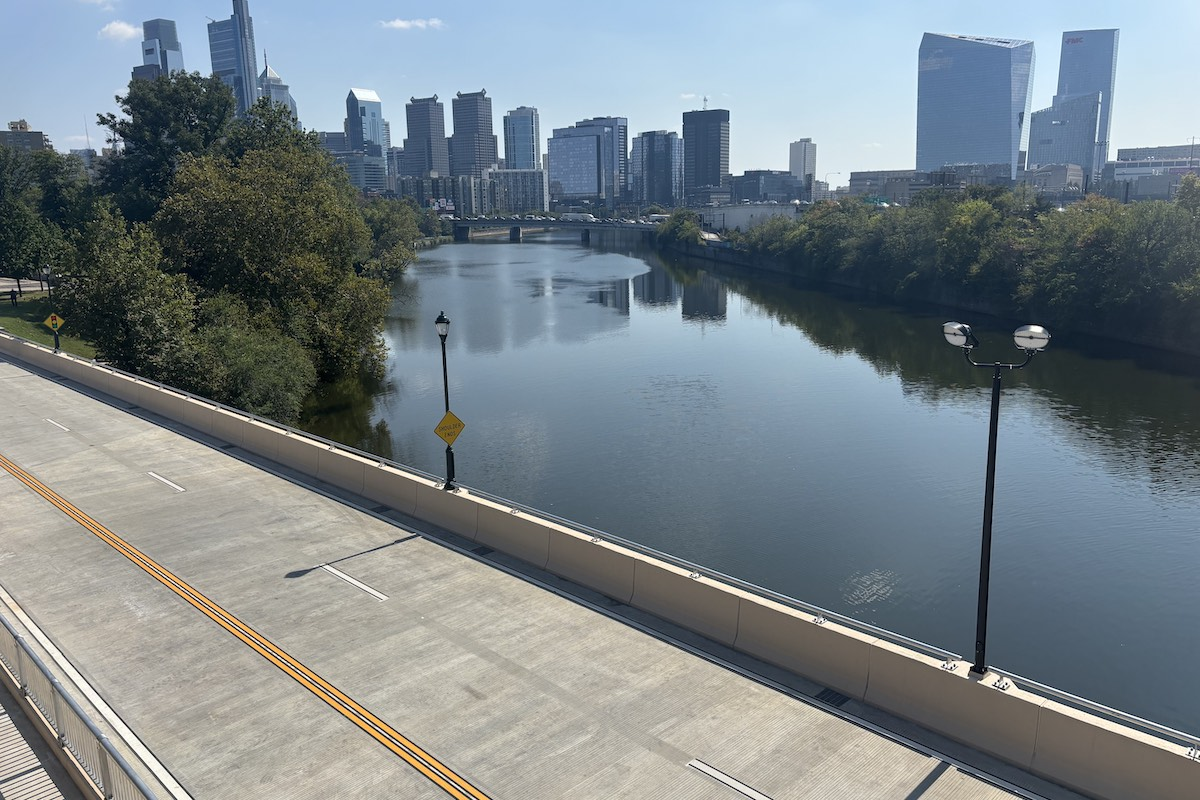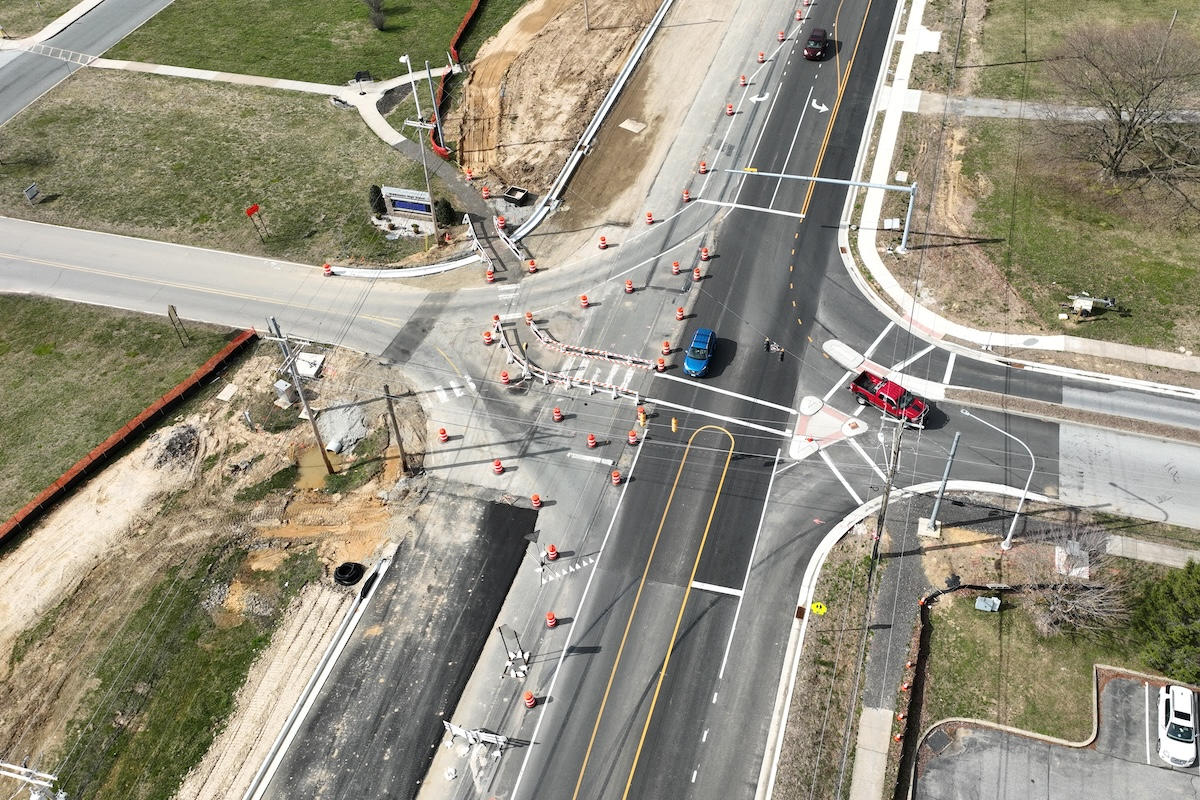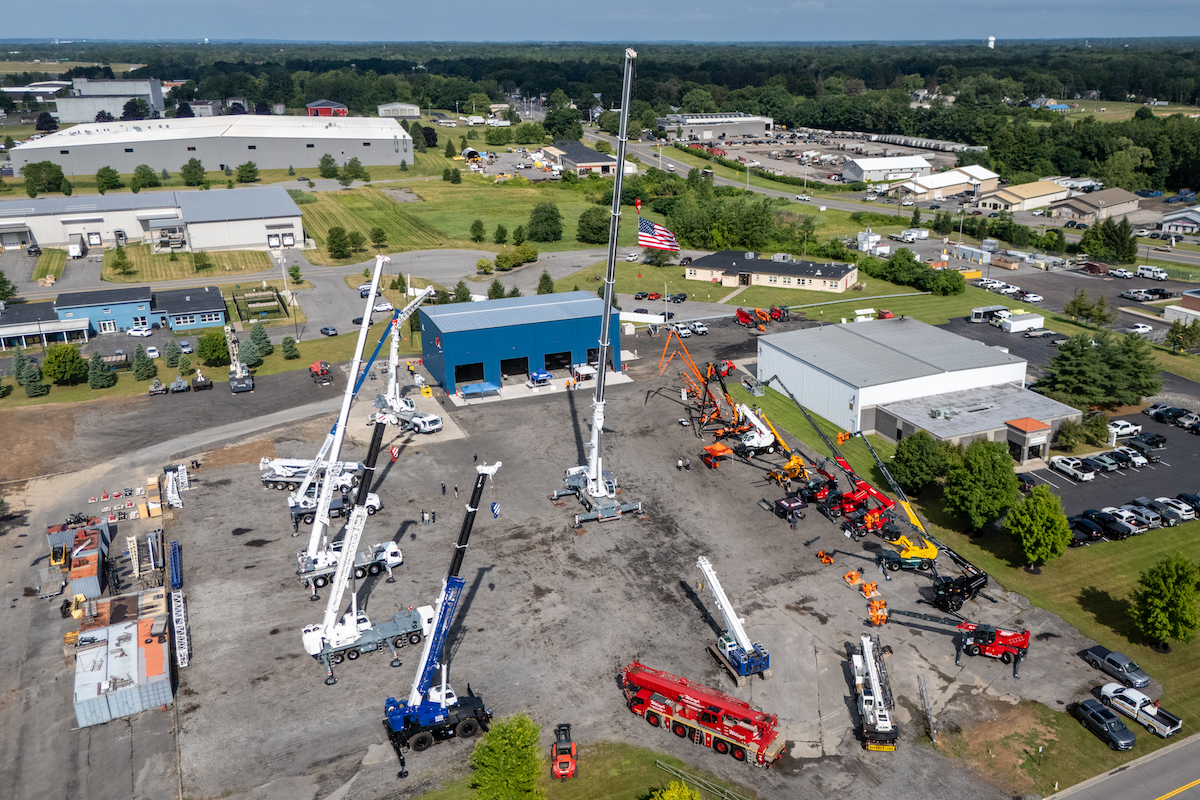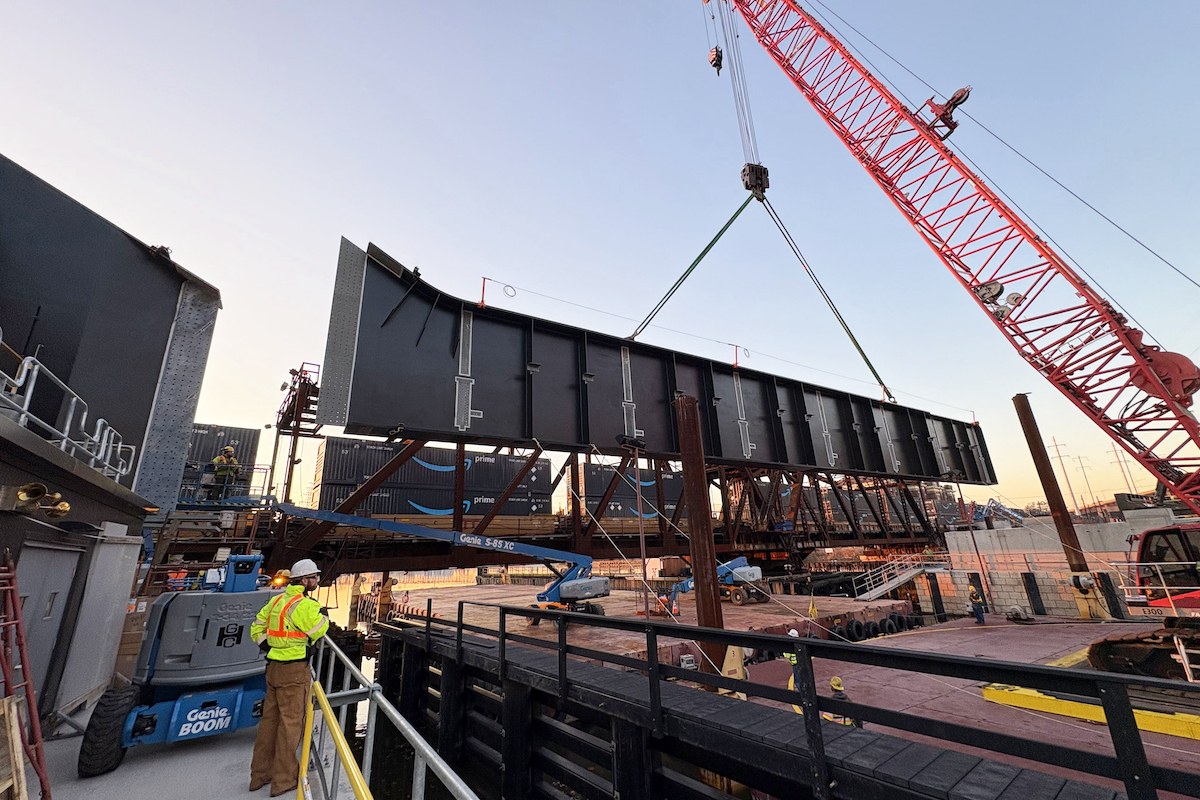While OSHA’s Region VI has had a regional emphasis program (REP) targeting the hazards of heat stress for more than two decades, OSHA has recently determined a need to have a national standard. The Region VI REP is widely considered a model for a national program, and in April 2022 OSHA established a national emphasis program similar to the REP. Region VI’s long-standing REP emphasizes water, rest, and shade; acclimatization; and being prepared to respond to medical emergencies.
Recent communications from OSHA have suggested that employers implement the following strategies to help prevent heat related illnesses:
- Encourage workers to drink water every 15 minutes
- Ensure workers take frequent rest breaks in the shade to cool down
- Have an emergency plan ready to respond when a worker shows signs of heat-related illness
- Train supervisors and workers on the hazards of heat exposure, how to recognize common signs and symptoms, and how to prevent illness
- Allow workers to build a tolerance for working in heat
In addition OSHA has introduced an app for Android and iPhone users called the OSHA-NIOSH Heat Safety Tool. The app is designed to “allow workers and supervisors to calculate the heat index for their worksite, and…displays a risk level to outdoor workers.” Users can then “get reminders about the protective measures that should be taken at that level of risk.”
In October 2021, OSHA issued its advance notice of proposed rulemaking (ANPRM) for Heat Injury and Prevention. The ANPRM established a new Heat Injury and Illness Prevention Work Group within the National Advisory Committee on Occupational Safety and Health (NACOSH.) The work group is charged with helping OSHA identify the hazards of heat stress and minimum standards for mitigating those hazards. Among the specific tasks undertaken by the groups, OSHA expects it to review existing guidance for adequacy and analyze input from stakeholders like employers, unions, and industry groups.

| Your local Trimble Construction Division dealer |
|---|
| SITECH Allegheny |
| SITECH Northeast |
Without a specific regulation to rely on, OSHA has historically sought to enforce an obligation on employers to protect against heat stress by using REPs and issuing citations pursuant to section 5(a)(1) of the OSH Act, better known as the “general duty clause.” Section 5(a)(1) requires that each employer “shall furnish to each of its employees … a place of employment which is free from recognized hazards that are causing or are likely to cause death or serious physical harm.” Any employer who has received such a citation from OSHA is probably aware of how difficult it can be for OSHA to prove such a “generalized” violation before the Occupational Safety and Health Review Commission, the quasi-judicial agency charged with adjudicating contested OSHA citations.
In 2019, a case involving a roofing contractor helped clarify OSHA’s challenge. OSHA cited an employer under the general-duty clause for exposing employees "to the hazard of excessive heat from working on a commercial roof in the direct sun," which the agency alleged resulted in the death of a 60-year-old man who suffered heatstroke.
The Commission vacated the general-duty citation. It held that OSHA failed to prove that a hazard existed. Although the majority of commissioners didn't explicitly state that heat-stress conditions could never give rise to a general-duty citation, they were skeptical about OSHA's historically broad use of the general-duty clause.
The Commission asserted the clause was originally intended to serve only as a "stopgap measure to protect employees until standards could be adopted.” Once a hazard is identified, the Commission reasoned that OSHA’s obligation is to develop a specific standard for addressing the hazard. The Commission suggested OSHA had over time increasingly used 5(a)(1) as a "gotcha" and "catchall" against employers.
The Commission and outside commentators have long criticized OSHA’s failure to promulgate a standard, noting that California’s Division of Occupational Safety and Health (Cal/OSHA) has had a comprehensive heat-illness-prevention regulation in place since 2006. Evidence that such a standard can be formulated suggests reliance on 5(a)(1) simply fails to give employers the notice they should have of the actions OSHA expects them to take.

| Your local Trimble Construction Division dealer |
|---|
| SITECH Allegheny |
| SITECH Northeast |
The new NACOSH Heat Injury and Illness Prevention Work Group began meeting in February 2022. There have been several meetings of its two sub-committees and the next meeting of the full committee is set for September 13, 2022.
The Work Group itself comprises representatives from industry groups, unions, and state-sponsored OSHA programs. Though it is too early to predict what results to expect from the Work Group, employer groups have thus-far emphasized two primary concerns to the committee.
First, because of concerns about economic and technological feasibility, employers have encouraged NACOSH not to recommend the use of biomonitoring devices. Also, employer groups have emphasizes the need for employers to have flexibility in addressing heat stress hazards, putting performance standards ahead of overcomplicating the rule with unnecessary prescription of specific mitigating measures.
OSHA has previously suggested that the rollout of new guidance would be best done in early Spring, 2023. It remains to be seen whether OSHA can have a proposed standard prepared in time to implement before Summer 2023.
OSHA’s area offices are expected to engage in outreach to employers, labor organizations, and industry organizations involved in safety and health matters. OSHA plans to make consultation services available to assist employers in developing strategic approaches for addressing workplace heat-related illness.

| Your local Trimble Construction Division dealer |
|---|
| SITECH Allegheny |
| SITECH Northeast |
Stephen Irving is a Senior Counsel for Peckar & Abramson, P.C. He can be reached at 713-568-1500 and SIrving@pecklaw.com.












